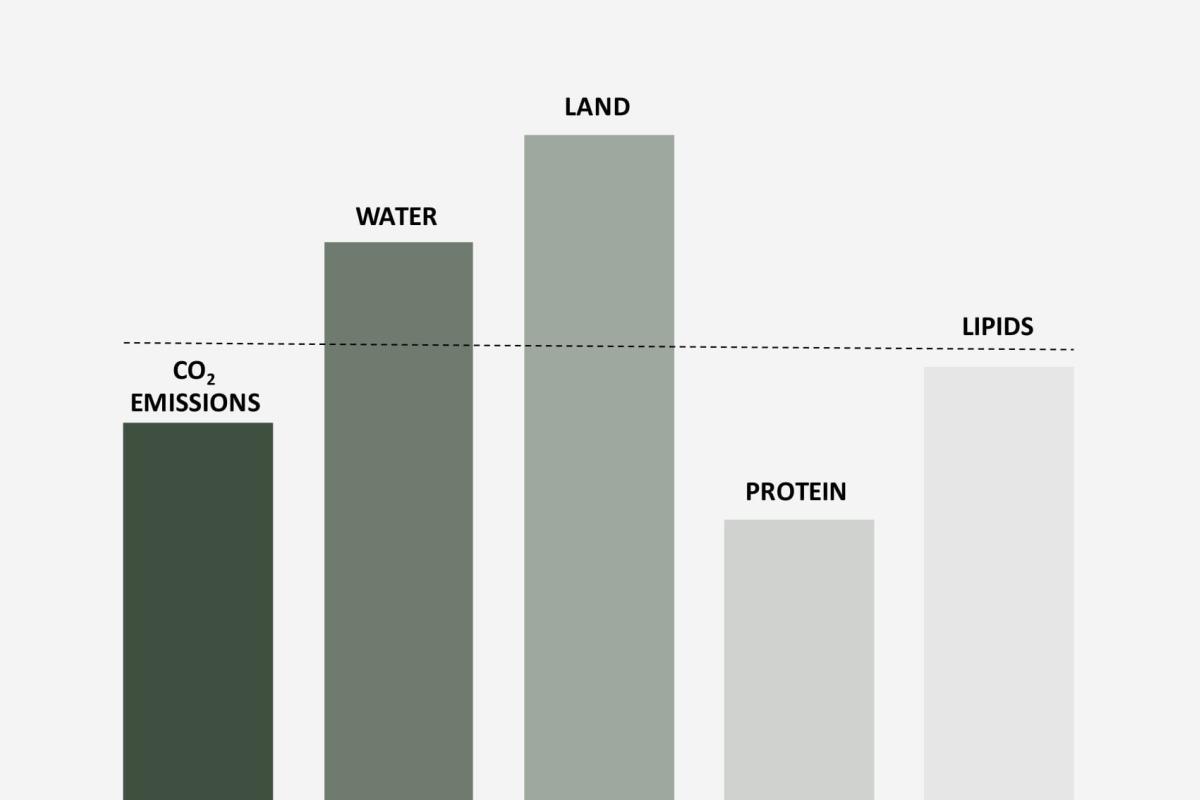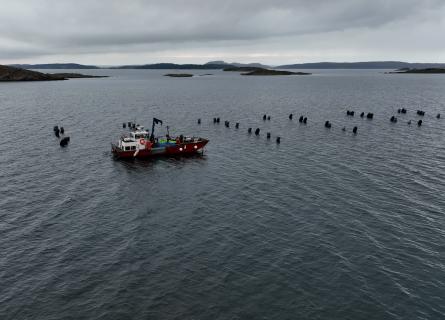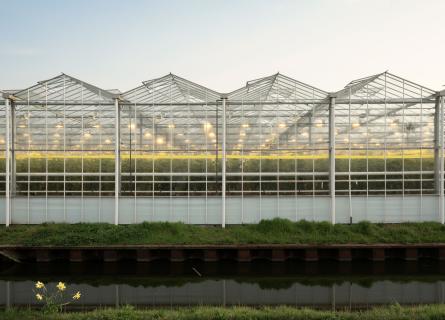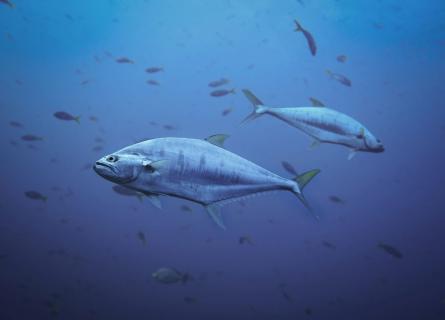
Future Food
The food of tomorrow on our plates today
Food has always been at the core of our daily lives, it is now at the core of a global change. With the knowledge of the large climate footprint that the food industry causes, we need to scale up future food production.
We need to ensure that the whole food value chain follows the changes in the world, such as politics, shortage of raw materials, and culinary trends. The possibilities are endless, we just need to make them happen. We have the knowledge to support innovative ideas and small-scale production units and help them grow to expand their production capacity in large, safe, and environmentally friendly plants.
Our work begins from an innovative idea to an up-and-running production – from farm to fork. Our team works all along the project life cycle and are involved in strategic parts such as business plan, production location, and technical and economic analysis (TEA). We also have expertise in technical equipment, as well as regulations and food safety standards and regulations that need to be considered.
Our experts within Future Food are creating a sustainable culture where companies receive the right ingredients and measurements on how to cook tomorrow’s lunch
says Katrin Hedvall, Business Unit Manager Food & Pharma West
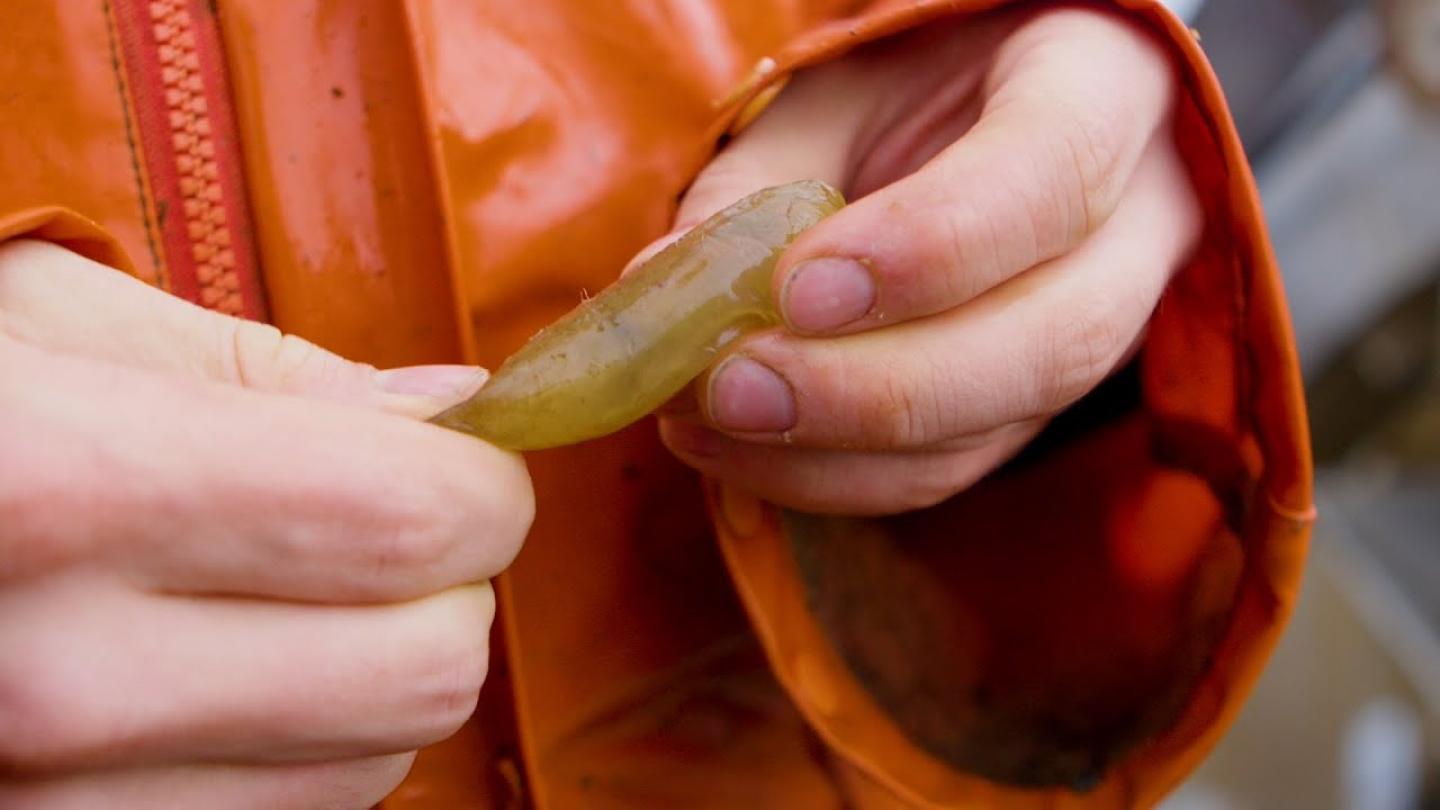
Scaling up the food of tomorrow
When scaling up every design solution needs to be both efficient and sustainable. With great experience and competence in all parts of the food industry processes, we assist start-ups as well as established clients to support those innovative ideas and help them expand their production capacity in large, safe, and environmentally friendly plants. Choosing the right technical solution that maximizes the benefit of every investment is key, that way we create development for our customers and sustainable solutions for future generations.

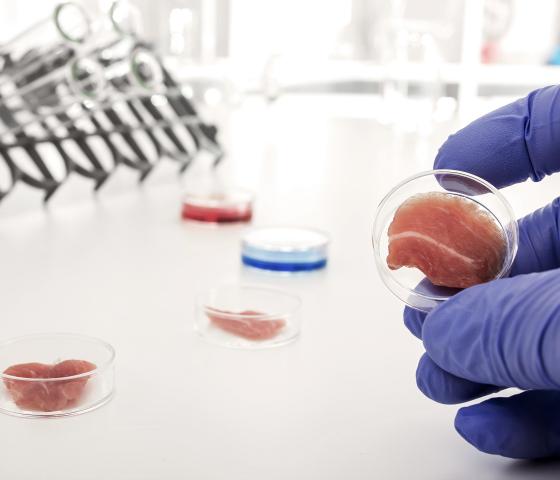
The future craves alternative proteins
We are working to accelerate the transition to more climate-friendly eating habits. The food of the future needs to consist to a greater extent of everything from algae, cultured meat, and plant-based protein to edible insects. The food tech business is under rapid growth, using microorganisms such as bacteria or yeast to produce proteins in bioreactors via different types of fermentation.
AFRY contributes to the development of alternative proteins via a systematic approach, combining extensive experience in plant design and state-of-the-art computer-aided process engineering (CAPE) tools. Using this methodology at an early stage of the design phase simplifies the process and plant design and provides both capital and operational expenditures.
Power to Food - production of food with reduced environmental impact
It might sound like science fiction to produce food from electricity and CO2, but the truth is that it can be done! Turning CO2 into edible fat and protein with electricity is possible on a laboratory scale. The concept, called Power to Food, combines multiple existing chemical processes to make food for people and feed for animals. Several of our partners have great plans for this new technology and together we believe that this will induce a change in diets.

